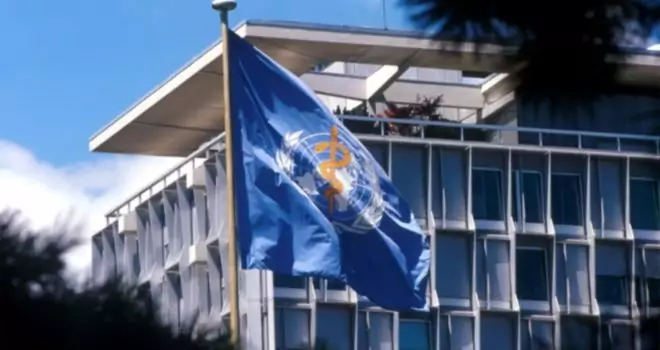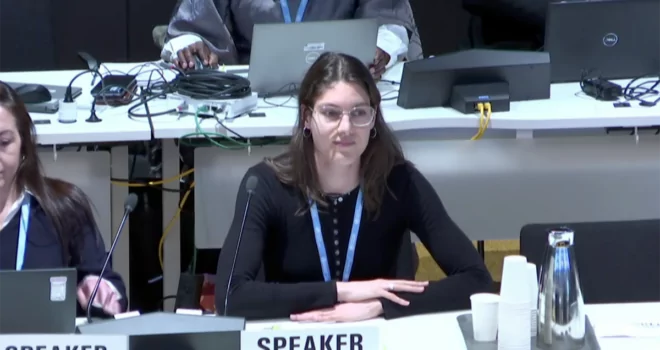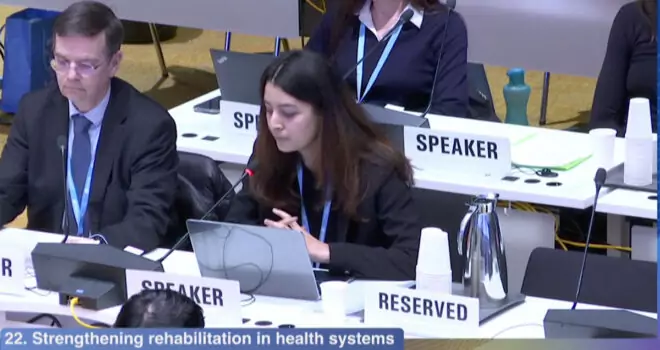On July 9, 2019, the World Health Organization (WHO) updated their core guidance documents on medicines and diagnostic tests to address health challenges, prioritize highly effective therapeutics, and improve affordable access for patients, with a significant focus on NCDs.
The new WHO Essential Medicines List (EML) includes fixed-dose combination antihypertensive medications, which are crucial for the management of hypertension, especially in low-resource settings.
Sandeep Kishore, a WHF Emerging Leader, served as a consultant for Resolve to Save Lives, who led the effort to add fixed-dose combinations for hypertension to the List. As a public health physician and scientist, Sandeep has worked with teams for the past 12 years to enlist other priority medications for cardiovascular disease on the Essential Medicines List, including statins and modern beta blockers.
How did you become involved in this initiative with Resolve and what was your role?
I was delighted to serve as a consultant for Resolve To Save Lives (with Marc Jaffe and Tom Frieden) to help coordinate an application to add fixed-dose combinations for hypertension to the WHO Essential Medicines List.
We collaborated closely with the George Institute for Global Health (Anthony Rodgers and Abdul Salaam); as well as other authors from a range of institutions available here.
Why was it important to push for the inclusion of fixed-dose combination hypertensive medicines on the EML?
As a public health physician and scientist, I have worked with teams for the past 12 years to enlist other priority medications for cardiovascular disease on the Essential Medicines List including statins and modern beta blockers.
Some of the co-authors on the petition had submitted an application on the last cycle but fixed-dose combinations were not accepted at the time – one of the concerns expressed by the WHO Expert Committee was that fixed-dose combinations may limit choice.
There were three arguments we made for making the case that FDCs for hypertension should be part of the WHO EML and we provided four options.
Guidelines: European, American, Thai, Indian, Chinese, South African and WHO HEARTS guidelines include reference to fixed-dose combinations for hypertension – including for the initiation of treatment for hypertension.
Efficacy: Our analyses with support of the George Institute for Global Health found a 27% improvement in control of hypertension using fixed-dose combinations vs monotherapies in a pool of 10,000 participants. And the rate of control was also higher using a fixed-dose combination compared to taking two separate pills given improvements in treatment adherence.
Cost: We noted in the process the prices of fixed-dose combinations were highly variable – up to 170x higher in the United States vs India for the same combinations. We also noted that the cost of the fixed-dose combination in a setting such as India was the same as the constituents.
What do you think will change now that the medicines have been added to the EML? What are the next steps?
We hope that the addition of FDC for hypertension on the WHO EML will make access to these treatments more available for use in hypertension control programs in low and middle-income country settings; and also that we will see the modernization at the national level to include these treatments on national essential medicines lists and formularies to ensure availability in the public sector. A WHF-supported team of emerging leaders (GLOPRO) is examining and mapping the national and sub-national processes to analogously modernize national and sub-national EMLs.
By specifying exactly which treatments are representatives of the class, we hope that we will strengthen and focus demand on the highest value treatments at scale.
The case for fixed-dose combinations can be found in this correspondence in The Lancet and this LINKS webinar.
It is worth noting this piece in The Lancet which states “As organisations with a shared goal of improving hypertension control worldwide, the American Heart Association, European Society of Hypertension, International Society of Hypertension, Lancet Commission on Hypertension Group, Latin American Society of Hypertension, Resolve to Save Lives, World Heart Federation, World Hypertension League, and World Stroke Organization commend WHO for making single-pill combination antihypertensive medications more widely available by including them in the WHO Essential Medicines List.”


